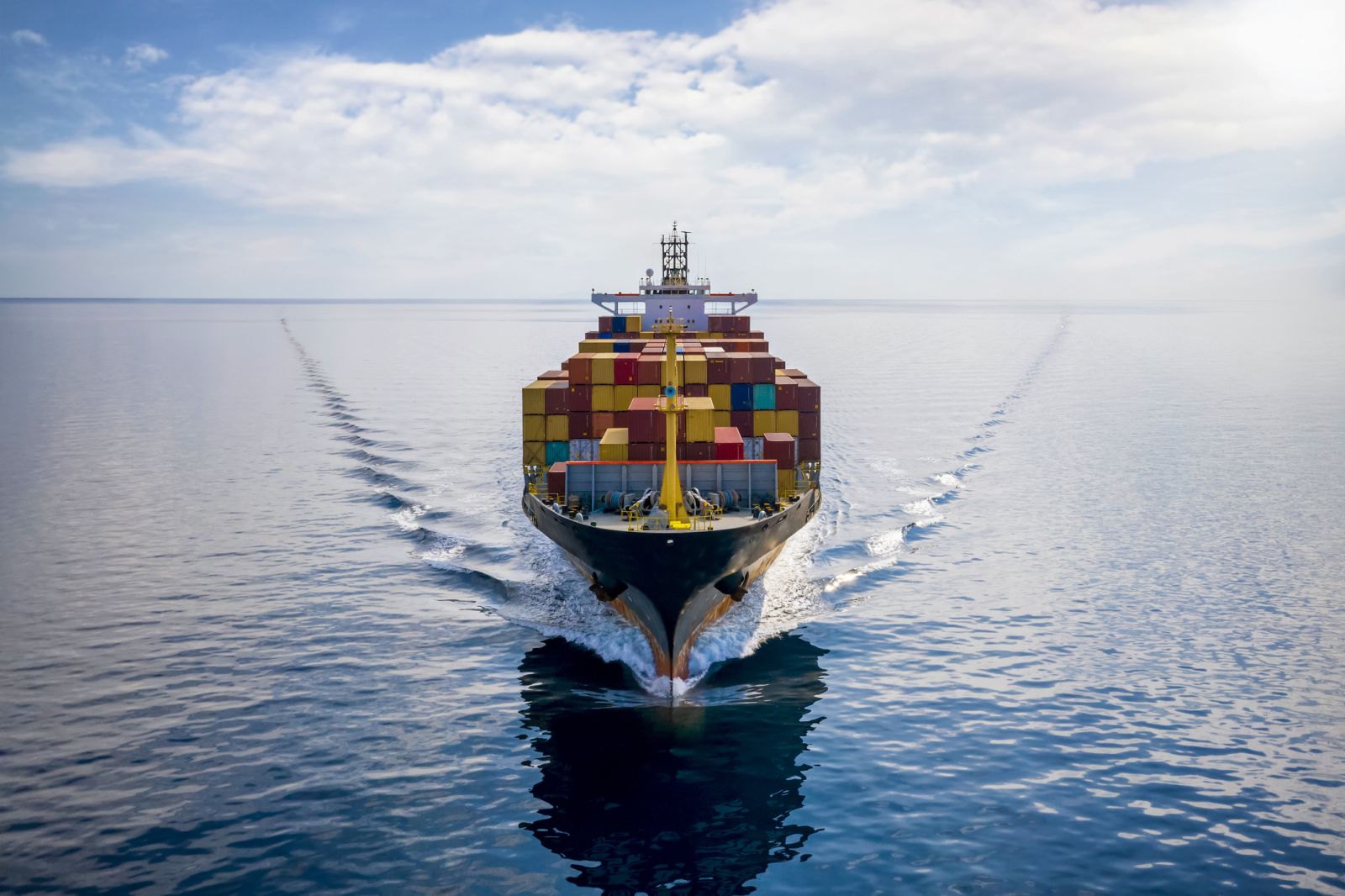
According to logistics firm Kuehne and Nagel, 103 container vessels are rerouting from the Red Sea around the southern cape of Africa to avoid attacks on commercial shipping in the Red Sea. Some companies are also looking at rail and air routes to avoid shipping through the Red Sea, which carries roughly 14% of global maritime trade and is considered one of the world’s most important shipping lanes.
The attacks on commercial vessels by the Yemini-based Houthi militants amount to an escalation of the Israel-Hamas war. At least twenty merchant ships have been attacked or approached near Yemen by Iranian-backed Houthi militants in the Red Sea since Israel's war with Hamas broke out in October. The Houthis are acting in support of Hamas, initially targeting ships linked to Israel. However, recent attacks in the Red Sea were against commercial ships with no links to Israel, showing an escalation of the hostilities.
Global shipping companies are now faced with weeks of disruptions as they reroute their ships from the Red Sea. For those willing to risk traveling through the region, insurance premiums for shipping are surging, freight rates are climbing, and crude oil prices today (CLG24) jumped to a 2-1/2 week high, all of which will lead to higher consumer prices and inflation. The London Forum of Insurance Lawyers said today that “both options of increased premiums and rerouting around Africa will see a knock-on effect on the price of goods.”
The situation in the Red Sea has potentially created a worse shipping emergency than the Suez Canal shutdown in 2021 when the Ever Given container ship was stuck in the canal for a week. That incident blocked the Suez Canal for six days, snarled global trade for months, and cost an estimated $9.6 billion in global trade. This week’s decision by the world’s five largest container liners, with 65% of global capacity, to suspend transits through the Red Sea and reroute ships around Africa means higher shipping costs and longer delivery timelines, which could also lead to global supply chain turmoil.
Bloomberg Intelligence estimates that the rerouting of ships will add about 40% in voyage distance, raising delivery time and fuel costs. In addition, longer routes will reduce shipping capacity and add additional upward pressure on contracts. However, most analysts believe that the impact of the attacks can be contained. The decision by the U.S. and its partners to intensify their security presence in the Red Sea should reduce the risk of attacks on commercial vessels. Also, while shipping costs for containers from Shanghai to Rotterdam have jumped 25% since late November, costs remain well below record highs from 2021/22.
On the date of publication, Rich Asplund did not have (either directly or indirectly) positions in any of the securities mentioned in this article. All information and data in this article is solely for informational purposes. For more information please view the Barchart Disclosure Policy here.






